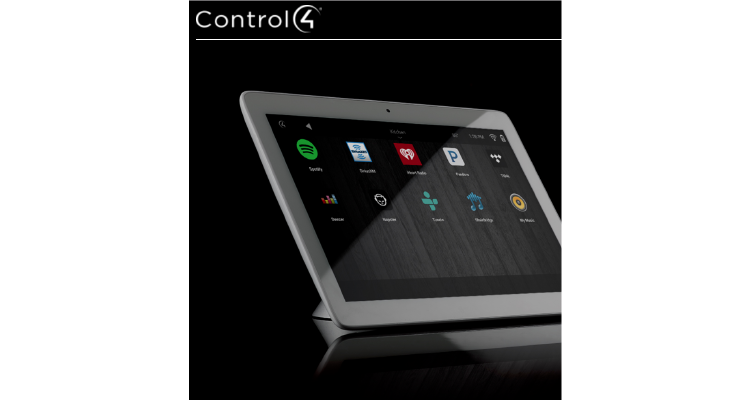System Troubleshooting: Dealer And Vendor Responsibilities
 Professionalism isn’t about not having problems — it’s about how you deal with problems when they happen.
Professionalism isn’t about not having problems — it’s about how you deal with problems when they happen.
But no matter how much planning goes into a project, and no matter how carefully you follow the plan, stuff happens, and you have to deal with it.
If you have a system problem, the two equally important parts of the troubleshooting equation are the install team, and the vendor’s tech support. Both have specific problem solving responsibilities, and it’s no coincidence that the best AV pros in the industry, as well as the most respected vendors are all similar in how they approach troubleshooting.
How do good AV pros troubleshoot? For a start they follow the five steps: Diagnose, Analyze, Repair, Test and Prevent. I love this process. Probably because it was drummed into my head so rigorously during my training and integration career that I love it in the same way that brainwashed abductees come to love their captors.
The easy one comes first — diagnose what the malfunction is. Analyzing the possible source of the malfunction can take all day, but you save lots of time by being methodical. Repair is pretty obvious, same with testing your repair to make sure that you have eliminated the fault.
Last, but most importantly, once you’ve determined the fault, if you can envision a solution that will eliminate the possibility of the fault recurring, you ought to make it so. Pro Tip: When you fix a problem, make sure that you never have to be called out again for the same problem.
Even the most seasoned AV dealers depend on help from their vendors. Here’s how good vendors approach their dealer support:
Perhaps most importantly, they maintain a separate helpdesk channel for dealers. AV pros can be counted on to have a better understanding of the equipment they’re working with than end-users. It doesn’t make sense for helpdesk staff to go through the same decision tree that they use for customers. I know whether it’s plugged in or turned on or not; I don’t need my hand held. Instead they can listen while I lay out the situation, and engage in a useful dialog with another tech expert.
Some brands, like Crestron, maintain dedicated experts in specific disciplines. That way, if you need to talk to someone with an in-depth understanding of HVAC control, you can get in touch with one of the engineers who design their control equipment. That came in handy for me big time years ago when I found myself in over my head as a designer dealing with an insanely complex HVAC system in a monster home, but that’s a story for another time.
Ultimately the best vendors take care of your dealers, period. Great vendors trust their dealers to be professionals. And conversely they themselves can be counted on to make a problem go away. We’ve all experienced vendors who drag their feet and make excuses for months, and vendors who issue a Return Authorization and express-ship a replacement immediately. You all know which ones you prefer to do business with, don’t you?
Lee Distad is a rAVe columnist and freelance writer covering topics from CE to global business and finance in both print and online. Reach him at lee@ravepubs.





